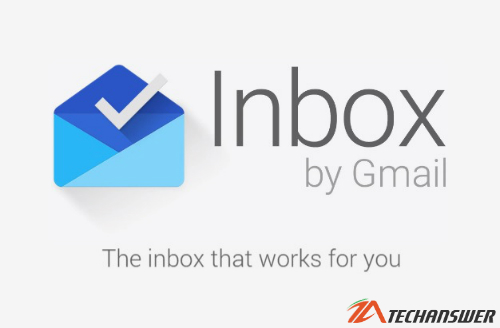Google get serious about cloud computing, and it’s appointed well-known Silicon Valley entrepreneur Ms. Diane Greene to lead the charge of cloud services, according to The New York Times. Greene was chief executive of early cloud computing pioneer VMware from its founding in 1998 until 2008 and has been serving on Google’s board since 2012. She’ll now be acting senior vice president for Google’s enterprise businesses. Google has also agreed to acquire Greene’s startup Bebop, which has been working on cloud technologies for the last three years.
Ms. Greene said she had some “trepidation” about returning to the public arena as a prominent corporate executive. But she found the Google opportunity irresistible. Since she joined the board in 2012, she said, she has been increasingly impressed by Google’s people and its “amazingly sophisticated technologies,” including machine learning, data analytics, voice and image recognition, and search.
For Google, the move signals intent to move beyond its traditional consumer software and advertising businesses. The dominance of Google search, the Chrome browser, and the Android operating system have turned the company into a web behemoth, yet one without a strong presence in the corporate realm. To expand into the lucrative enterprise market, Google needs to harness its technology prowess to create software platforms for cloud apps and development tools for building those apps. The combined market for such software is expected to more than double to around $25 billion in the next four years, according to market researcher IDC.
Google made clear that it was ready to go on the offensive and wants to compete with Amazon and Microsoft in the cloud computing.
Google confirmed that 60 percent of Fortune 500 businesses use a paid Google cloud service like corporate-grade Gmail and Google Docs. But those products produce only a fraction of the potential revenue of competing cloud products from market leader Amazon and close runner-up Microsoft. Urs Holze, Google’s senior vice president of technical infrastructure, predicted today at the Structure conference that Google’s cloud revenues would surpass its advertising revenues by 2020.
Yet the corporate business, he said, had developed largely as an “opportunistic” add-on to the consumer franchise. Mr. Pichai described Google’s corporate business a “journey that has organically evolved.”

Google, despite its technology prowess, has lagged the leaders, particularly in enterprise cloud services. At the same time, analysts say, the company’s offerings in cloud development services — computing, storage, data analytics and others — are already comparable to Amazon’s.
“Google is doing all these things, but it is not gaining enterprise mindshare,” said Eric Knipp, an analyst at Gartner. “It’s not pushing in the enterprise market as much as others.”
The big opportunity for Google and its competitors, analysts say, is in becoming the equivalent of an operating system for cloud computing, supplying underlying technology and programming tools for building business software. Nearly all new software applications are being written to be delivered over the Internet from computers in remote data centers, cloud-style.
It’s an ambitious goal that would require a profound shift in Google’s business. The company’s advertising efforts accounted for 89 percent of a total $66 billion in revenue last year, while its cloud services — which Google does not break out in quarterly earnings — may notch only $500 million in sales this year.
Do send us your comment and you can follow us on Twitter, add us to your circle on Google+ , on LinkedIn or like our Facebook page to keep yourself updated on all the latest from, Technology world.



















